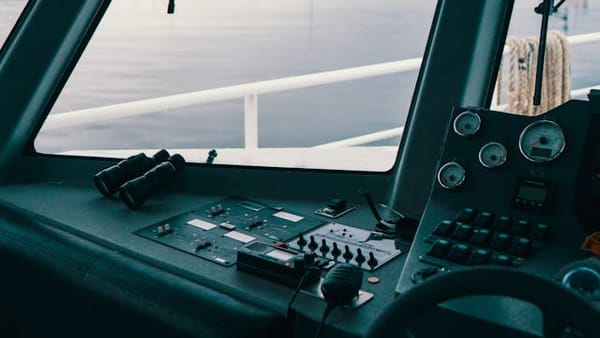Reef Ready: Protecting the Coral Reef Ecosystem While Boating
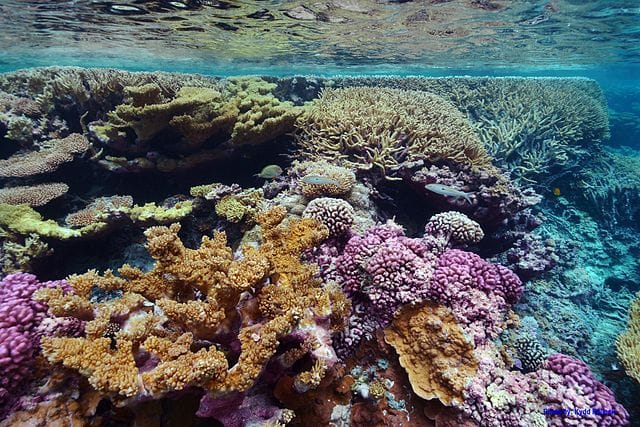
From the Great Barrier Reef to the Florida Keys, Belize and beyond, the world’s coral reef systems are among the most diverse and delicate ecosystems on Earth. Although they cover less than 1% of the ocean floor, they support about 25% of all marine life, providing habitat, food and protection for thousands of species like tropical fish, sea turtles, colorful coral, sponges, reef sharks and more.
Beyond their ecological importance, coral reefs protect coastlines, contribute to the fishing and tourism industries and remove carbon dioxide from the atmosphere. Yet, these vibrant underwater habitats are increasingly threatened by human activity, which can include boating. But it doesn’t have to.
As recreational boaters, we owe it to the ocean to actively participate in ocean conservation to protect its delicate ecosystems. Through activities like diving and snorkeling, we can get a peek into this amazing underwater world. This in itself is enough to inspire boaters and water lovers to practice safe and sustainable boating habits whenever they leave the ramp, private boat dock rental or marina.
If you love boating and want to help preserve these incredible ecosystems, here’s what you need to know.
Understanding the Threats: How Boating Can Harm Coral Reefs
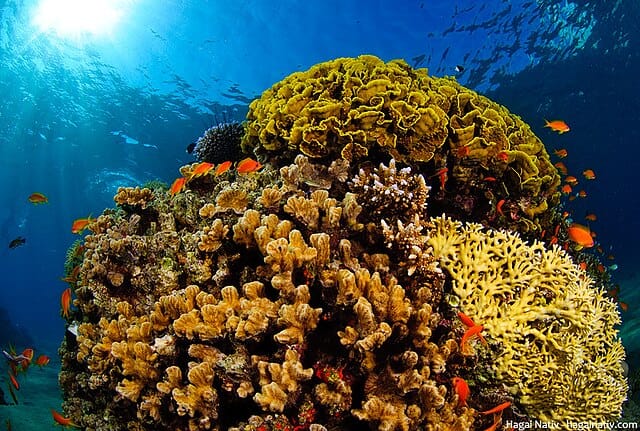
1. Anchor Damage
Anchoring directly on a coral reef can cause significant damage. Anchors, along with their chains, can break or crush delicate coral structures that may take years or even decades to recover. When an anchor drags across the seafloor, it can leave a path of destruction, displacing and killing corals.
It’s actually illegal to use anchors in most coral reef areas, including the Florida Keys, the Great Barrier Reef and the Virgin Islands, among others. Many coral reef areas have mooring balls in place, so keep this in mind when motoring out from a marina or private boat dock for rent.
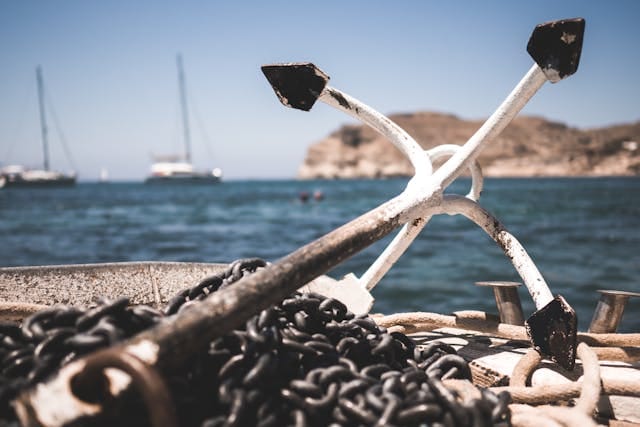
2. Pollution and Waste
Boats can introduce various pollutants into the water, including oil, fuel, trash and wastewater. Even small spills or leaks of oil and fuel can be toxic to marine life. Plastics and other debris can entangle corals and fish, while wastewater releases can increase nutrient levels, leading to harmful algal blooms that smother coral reefs.
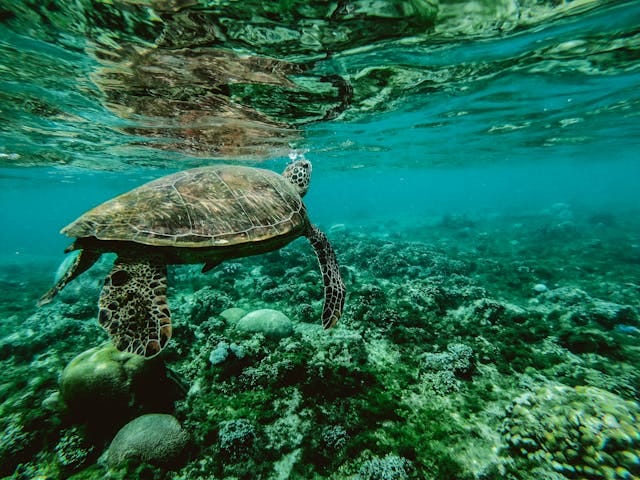
3. Wake and Propeller Damage
The wake from boats, especially when traveling at high speeds out of private boat lifts, can stir up sediment, which then settles on corals. This sediment can block the sunlight that corals need for photosynthesis, hindering their growth. Additionally, propeller strikes can physically damage the coral, cutting and fragmenting the reef.
4. Invasive Species
Boats can introduce invasive species through hull fouling or ballast water. These species may outcompete native reef inhabitants, disrupt the ecosystem balance and cause lasting harm.
Responsible Boating Practices: How You Can Help
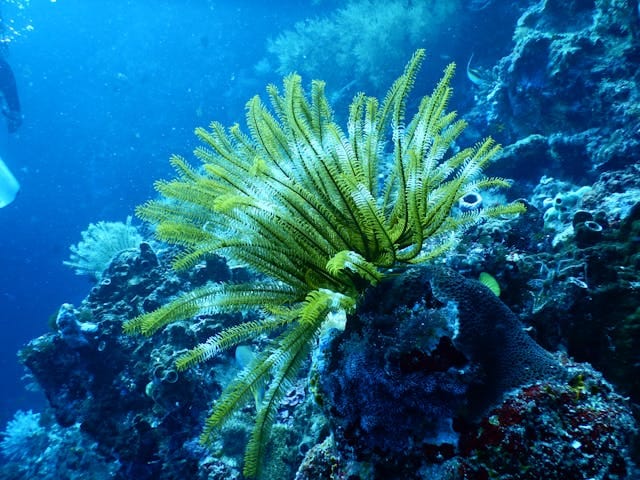
Boaters have a crucial role in protecting coral reefs. By adopting eco-friendly habits, we can minimize our impact on these fragile ecosystems.
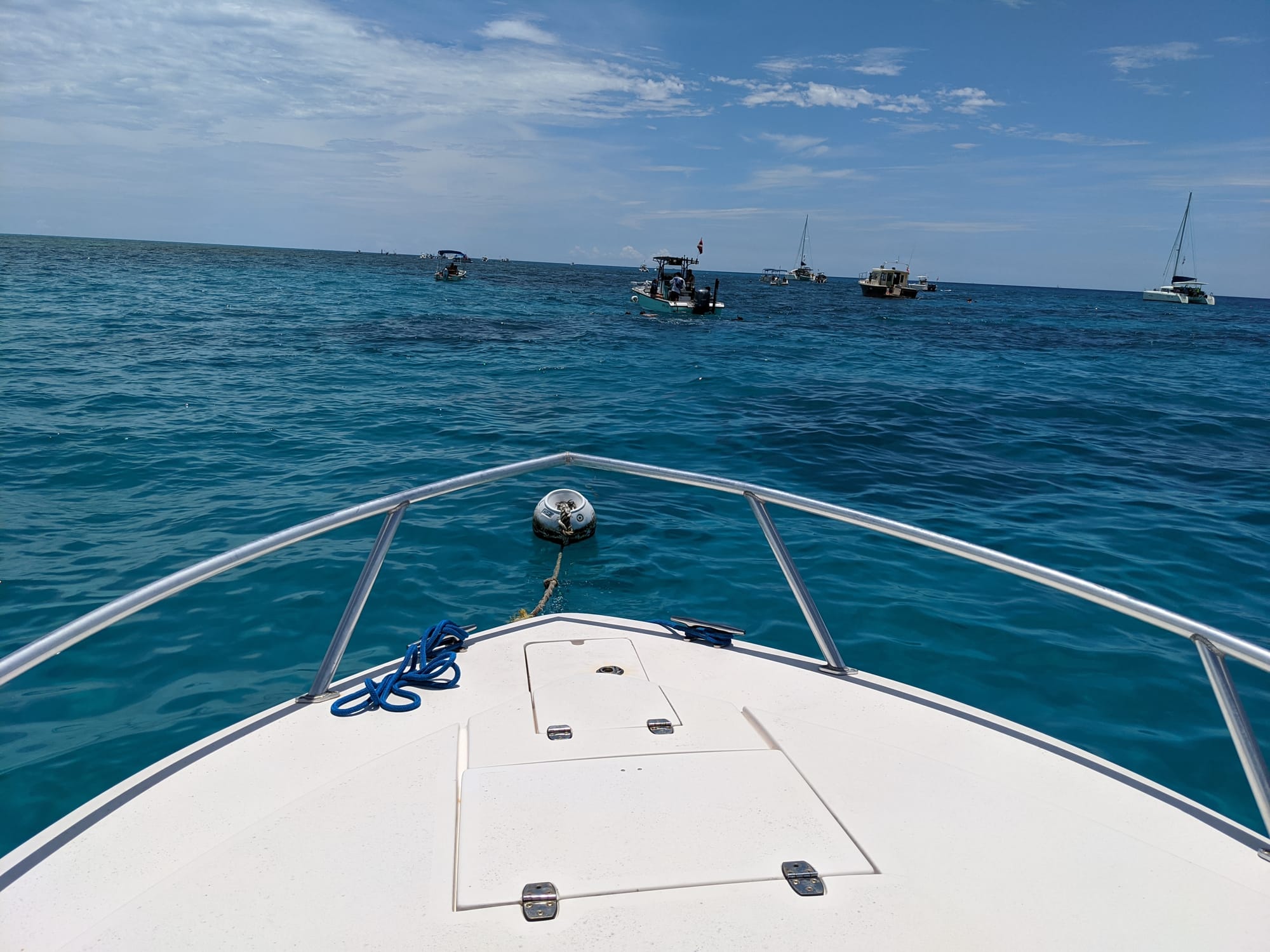
1. Anchor Smartly or Use Mooring Buoys
Whenever possible, use designated mooring buoys instead of anchoring. Mooring buoys are installed in reef-safe locations to prevent damage. If a buoy is unavailable and you must anchor, choose a sandy area far from the reef and coral beds. Make sure the anchor and chain do not drag across the seafloor.
2. Mind Your Speed and Wake
Reduce your speed near coral reefs or in shallow waters. Slower speeds help reduce wake and propeller wash, minimizing sediment disturbance. This is especially important in areas with seagrass beds, as they are often found near reefs and serve as critical habitats for marine life.
3. Prevent Pollution
Ensure your boat is well-maintained to avoid oil, fuel or other chemical leaks. Dispose of all waste, including plastics, fishing line and fishing gear, onshore. Never discharge untreated wastewater into the ocean. Instead, use onshore facilities for sewage disposal. This helps to ensure a sustainable ocean whenever you leave a private boat dock, marina or ramp.
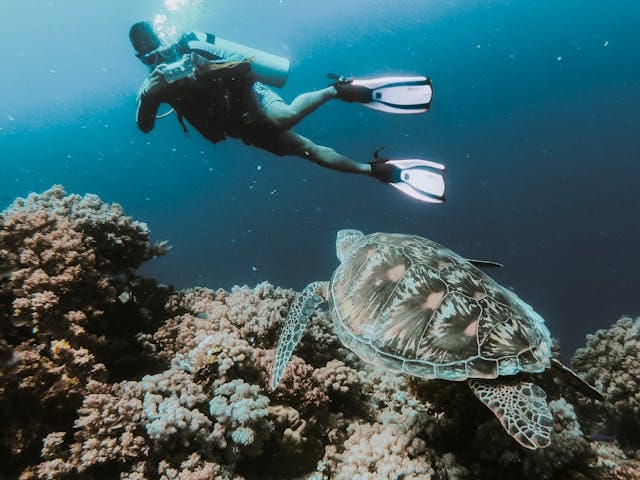
4. Practice Safe Snorkeling and Diving
If you’re snorkeling or diving near a coral reef, avoid touching or standing on the corals. Even a light touch can cause harm to these fragile organisms. Be mindful of your fins, equipment and any ropes you may have. These can easily break or damage the coral.
5. Clean Your Boat Regularly
Prevent the spread of invasive species by cleaning your boat’s hull, anchor and other gear before moving between different bodies of water from your private boat lift for rent or marina. Rinse off any visible plants, animals or sediment. Regular maintenance protects coral reefs and your boat’s efficiency.
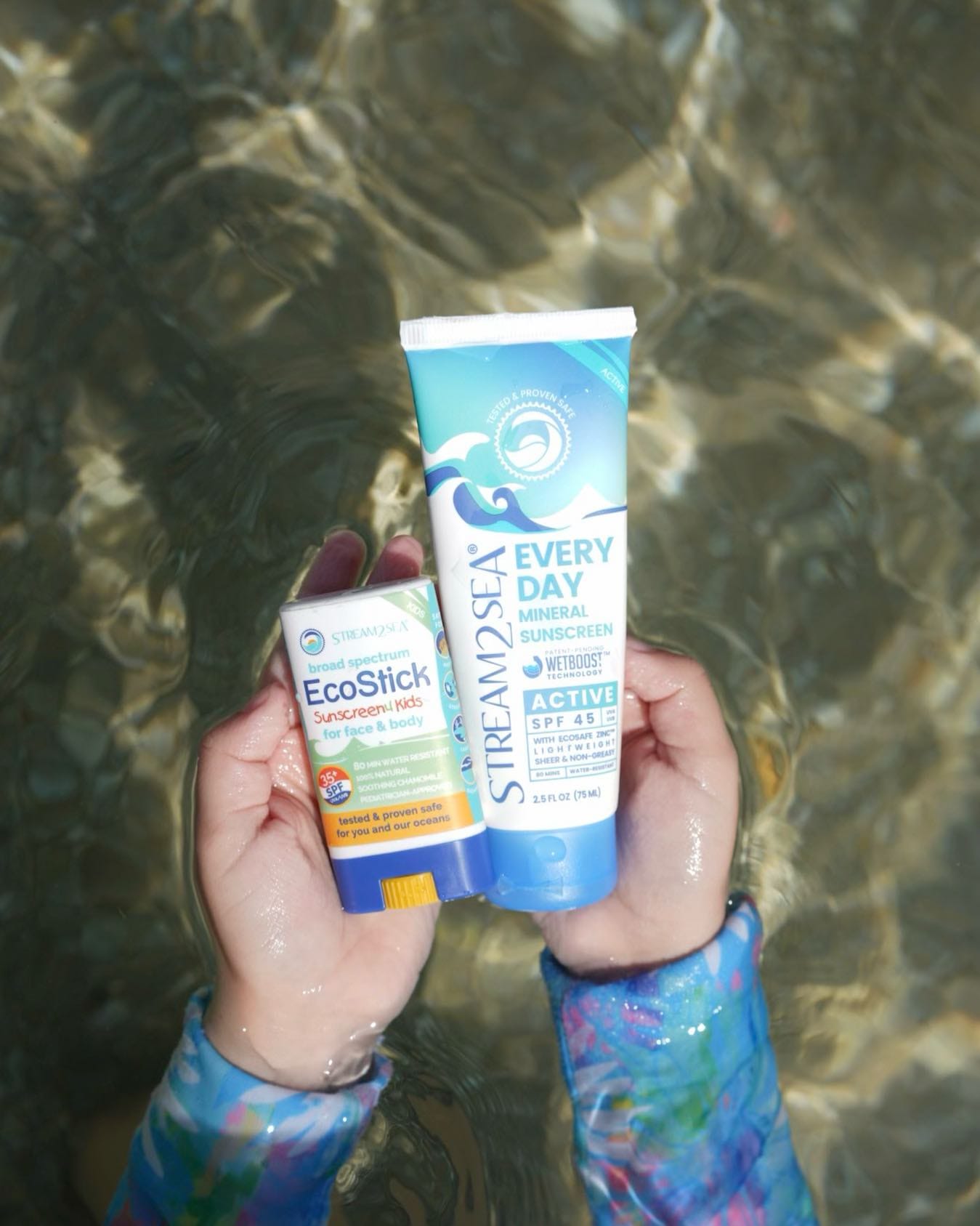
6. Choose Reef-Safe Sunscreens
Many sunscreens contain chemicals like oxybenzone and octinoxate that harm coral reefs. Opt for reef-safe sunscreens made with mineral-based ingredients such as zinc oxide or titanium dioxide. These alternatives do not contribute to coral bleaching and are safer for marine life. Stream2Sea and Blue Lizard are excellent reef-safe sunscreens to pack in your bag before leaving the marina, dock or private boat slip rental.
Supporting Conservation Efforts
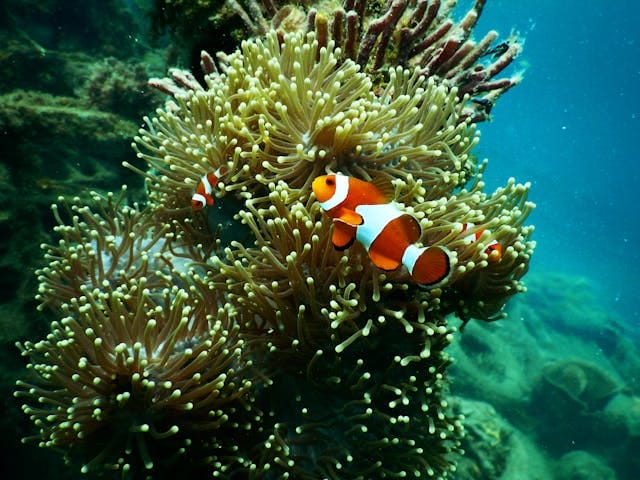
Beyond practicing responsible boating, you can contribute to coral reef protection by supporting marine conservation organizations and participating in local reef cleanups. Many groups work tirelessly to monitor reef health, restore damaged areas and educate the public about the importance of coral reefs. By donating your time or resources, you can help amplify these efforts.
Advocacy and Education
Educate yourself and others about coral reefs' significance and the threats they face. Encourage fellow boaters to adopt eco-friendly practices and advocate for policies that protect marine environments. The boating community's collective efforts can lead to meaningful changes that ensure the health of coral reefs for future generations.
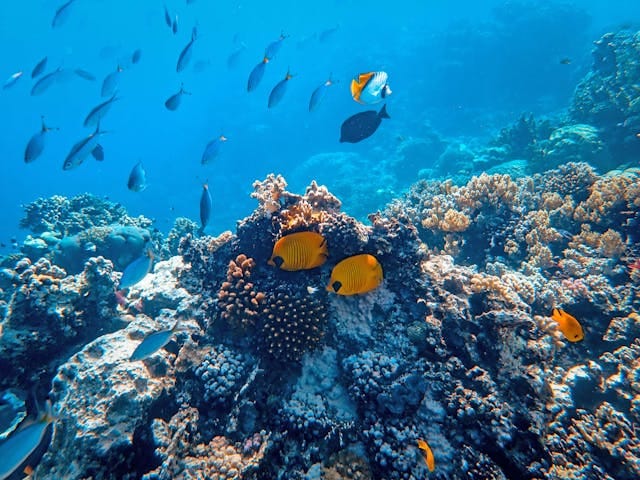
The Future of Coral Reefs Depends on Us
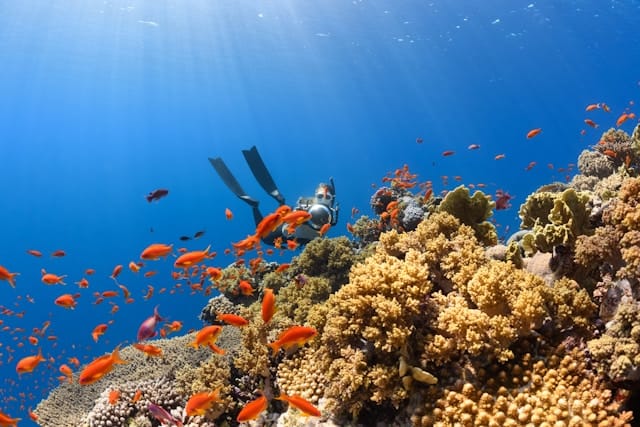
Coral reefs are invaluable to the health of our oceans and coastal communities. As boaters, we have a unique advantage to enjoy and protect these underwater treasures. By following sustainable practices and spreading awareness, we can help preserve coral reef ecosystems, ensuring that they continue to thrive and inspire future generations.
Remember:
- Look but don’t touch.
- Leave no trace.
- Respect marine life.



